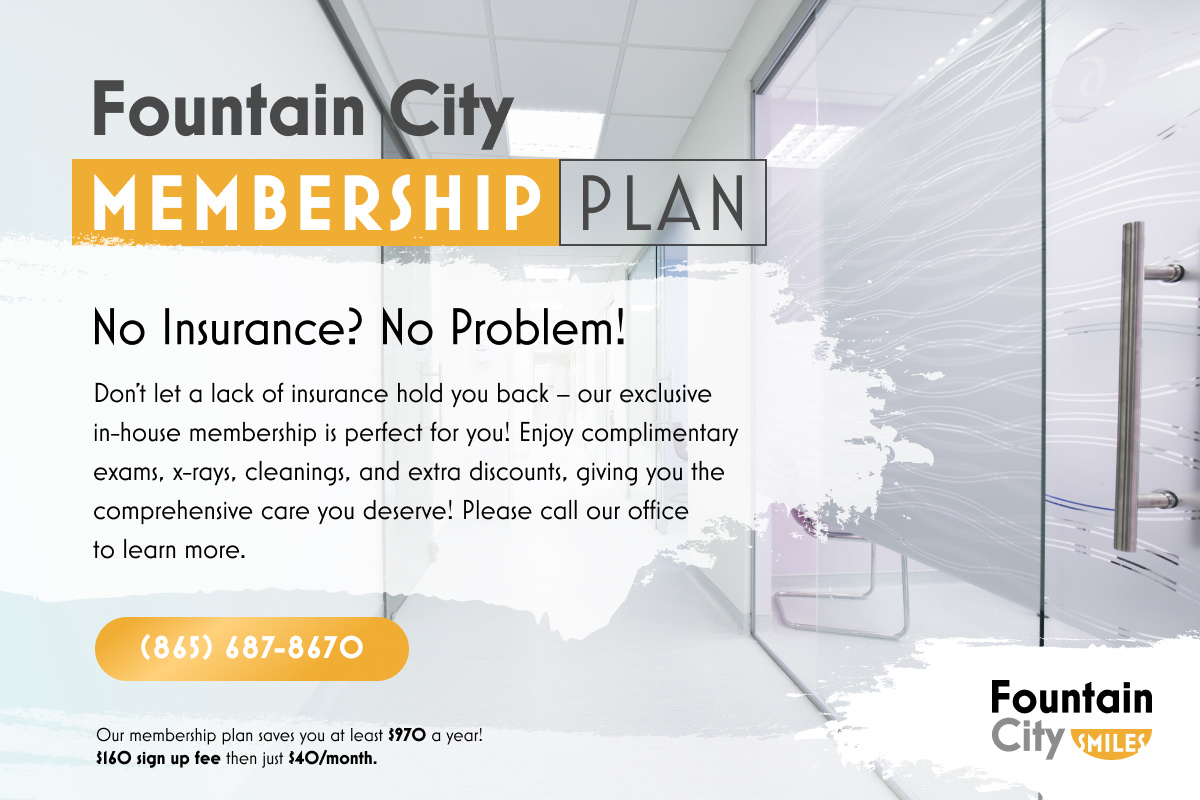The Effects of Vaping and E-Cigarettes on Oral Health
No Comments
Vaping & Your Smile Vaping and e-cigarettes have become popular alternatives to traditional smoking. While many believe vaping is safer than smoking regular cigarettes, it can still lead to serious…
Read More The Hidden Costs of Dental Anxiety
How Avoiding the Dentist Affects Your Health and Finances Dental anxiety is a common issue affecting many individuals, causing them to avoid dental visits and essential care. While it might…
Read More How to Identify and Address Bruxism
Don’t Let Teeth Grinding Ruin Your Healthy Smile Do you ever wake up with a sore jaw or a headache? You might be clenching or grinding your teeth at night,…
Read More The Role of Stress in Oral Health: Recognizing and Managing Its Effects
How Is Stress Affecting Your Oral Health? We all experience stress from time to time. It’s a normal part of life. But did you know that stress can seriously impact…
Read More Bad Breath Causes and Treatments
Understand and Eliminate Bad Breath Having fresh breath is an important part of making a good impression. But many people suffer from bad breath, medically known as halitosis, at some…
Read More Oral Sedation vs. IV Sedation: Which One Is Right for You?
Dental Sedation 101: Oral vs. IV Many people experience anxiety or fear when it comes to dental procedures, which can make even routine appointments overwhelming. Fortunately, sedation dentistry offers a…
Read More The Impact of Dental Implants on Oral Health: Insights With Our Knoxville Dentist
Unlock Better Oral Health With Dental Implants Dental implants have become a popular solution for individuals with missing teeth, offering a durable and natural-looking alternative to traditional dentures and bridges.…
Read More Living With Dentures: Diet and Care Guide
Getting Used To Living With Dentures If you’ve recently gotten dentures, you’re entering a new phase of life. Dentures can take some getting used to, but with the right diet…
Read More Oral Health and Pregnancy: Maintaining a Healthy Smile for Two
Can Your Oral Health Affect Your Unborn Baby’s Health? Pregnancy is an exciting time filled with joy and anticipation. However, it also brings about many changes in a woman’s body,…
Read More Common Pediatric Dental Issues and How to Prevent Them
Ensure Your Child’s Oral Health is In Good Shape Ensuring your child’s dental health is essential for their overall well-being. In this comprehensive guide, we delve into preventing and resolving…
Read More 